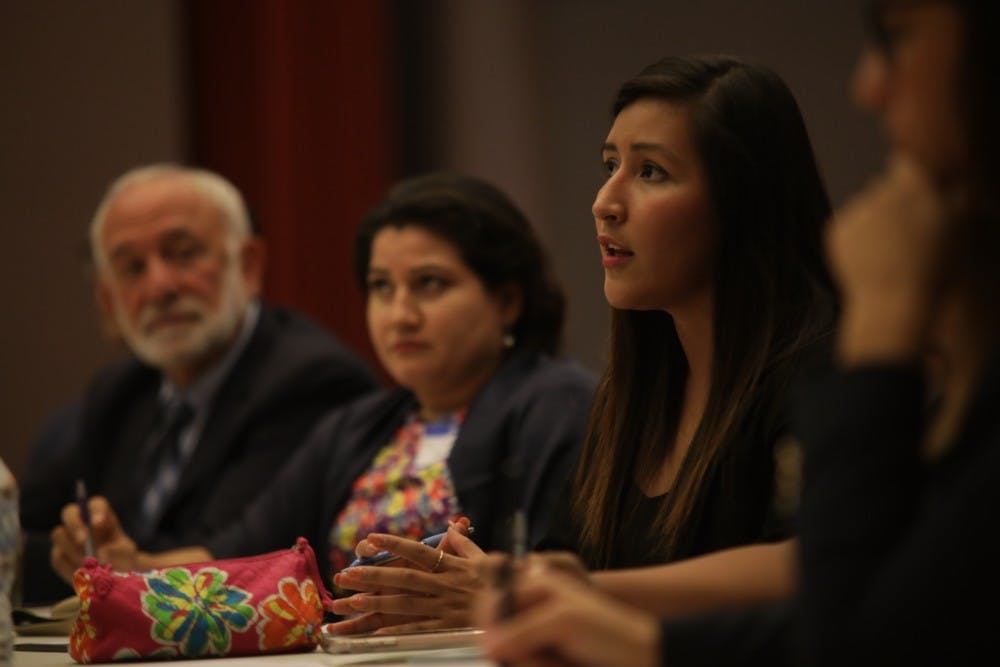Efforts to alter or rescind the Deferred Action for Childhood Arrivals program halted Feb. 26 after the U.S. Supreme Court declined to hear a case regarding the program’s legality – a move that has universities concerned.
The Trump administration announced in September 2017 it would begin phasing out the Obama-era legislation on March 5 if Congress could not find a legislative solution.
U.S. District Judge William Alsup was one of many federal judges who ruled in January that DACA could not be rescinded until legal challenges ended. The administration challenged several of these decisions and attempted to go straight to the Supreme Court, which declined to hear the case because it had not yet been heard by a federal appeals court.
Although it is not a permanent solution, the Supreme Court’s latest move means the deadline is no longer binding and allows the U.S. Department of Homeland Security to renew the statuses of current DACA recipients.
It is estimated North Carolina has about 25,000 DACA recipients, about 3,000 of which are enrolled in college. With the future of these students uncertain, North Carolina universities are taking a look at what resources they can offer.
One of the biggest concerns undocumented students and UNC-Chapel Hill are facing is the fact that the future is so uncertain, said Allen O’Barr, director of UNC Counseling and Psychological Services.
“These uncertainties are incredibly difficult when students are trying to perform academically, take care of themselves and have personal relationships,” he said. “Stress is part of daily life, but DACA is a big stress. I can’t really compare it to anything.”
CAPS is able to offer DACA students what they offer any other student going through periods of stress, which is a brief round of therapy that can include anywhere from four to 10 sessions, access to medication and same-day evaluation.
O’Barr said although CAPS does its best to help students in-house, sometimes it has to refer them to outside professionals, either because their case requires more attention, or they ran out of brief therapy sessions.




